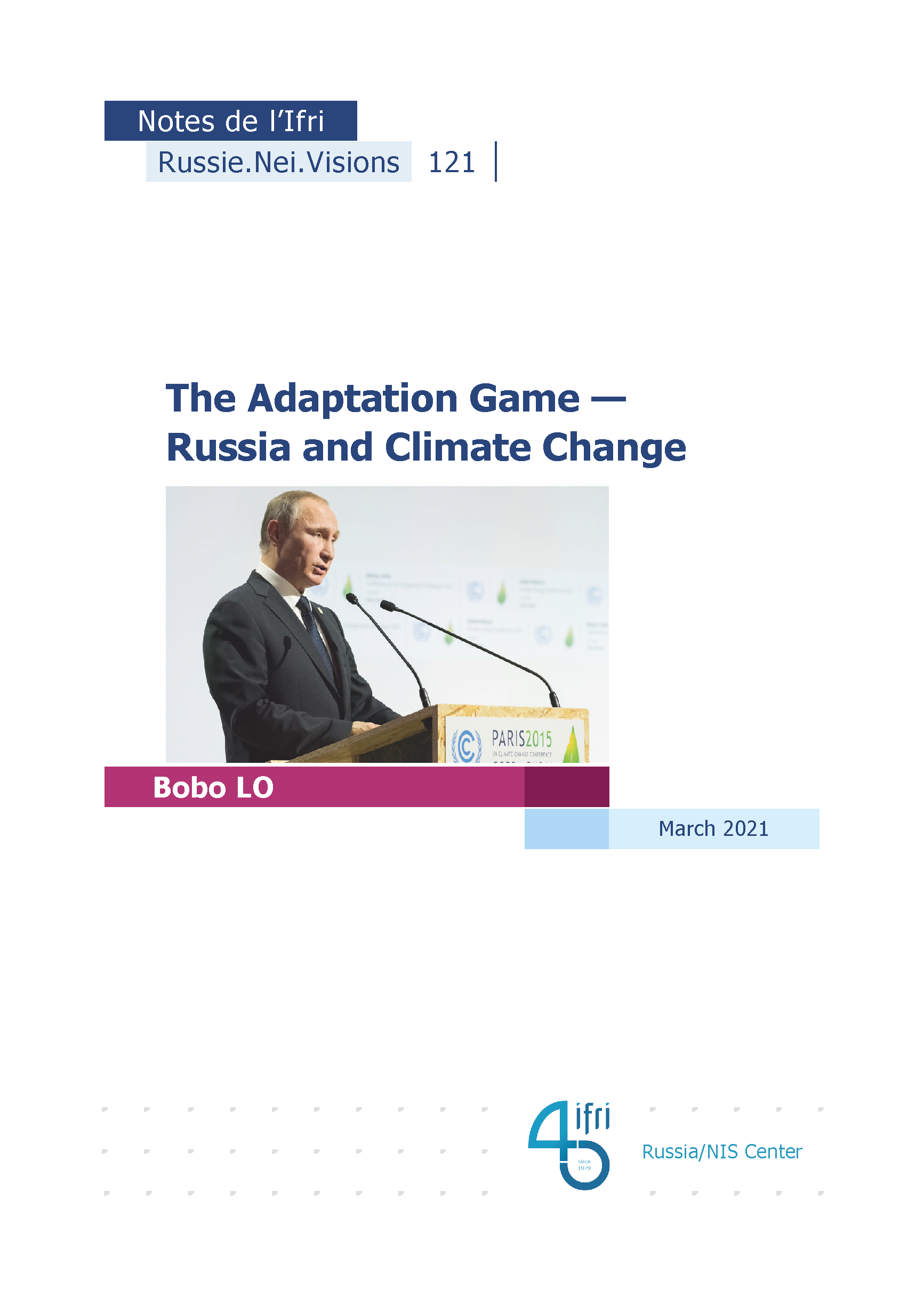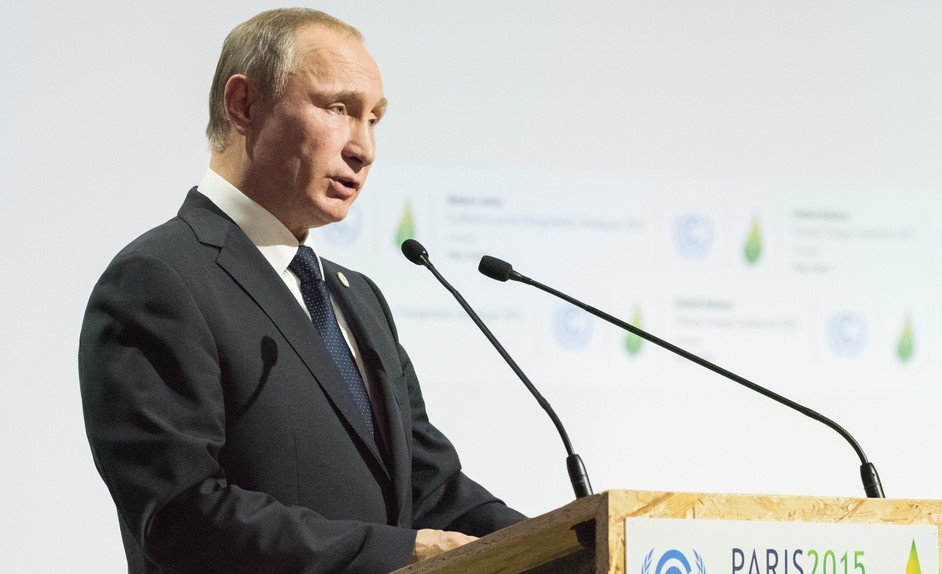The Adaptation Game — Russia and Climate Change

Russia is an outlier in the international consensus on climate change.

On the one hand, it formally recognizes that global warming poses a threat to the planet and to Russia in particular. On the other hand, there is no sign of any serious commitment to reduce carbon emissions or develop renewable sources of energy. Fossil fuels remain at the heart of the Kremlin’s vision of Russia as a global economic actor and great power.
Events are intruding to disturb official complacency — the thawing of the permafrost, more frequent extreme weather events, heightened public consciousness, and moves toward decarbonization in Europe and Asia. Nevertheless, the Russian government continues to hold the line. Its climate “adaptation policy” is largely intended for show, and denies the need for substantive change or hard choices.
Russia’s transition to a post-carbon economy seems improbable today. However, it should not be discounted entirely. Faced with the threat of being left behind by the 21st century energy revolution, decision-makers may eventually be forced to recognize that Russian climate policy is unsustainable — environmentally, economically and, above all, strategically. If and when change comes, it is unlikely to be smooth or coherent.
Bobo Lo is an Associate Research Fellow with the Russia/NIS Center at the French Institute of International Relations (Ifri).
Download the full analysis
This page contains only a summary of our work. If you would like to have access to all the information from our research on the subject, you can download the full version in PDF format.
The Adaptation Game — Russia and Climate Change
Related centers and programs
Discover our other research centers and programsFind out more
Discover all our analysesRussia, the Palestinians and Gaza: Adjustments after October 7th
The Soviet Union (USSR), and subsequently the Russian Federation as its internationally recognized legal successor, has consistently sought to play a visible role in efforts to resolve the Israeli-Palestinian conflict.
Deathonomics: The Social, Political, and Economic Costs of War in Russia
The report attempts to outline and examine a truly new phenomenon in Russian society, dubbed “deathonomics”—the making of a mercenary army against the backdrop of the Kremlin’s war in Ukraine, eventually replacing both the Soviet (conscript) and early new Russian (contract) armies. It notes that, by the end of 2023, this trend had turned the military service into one of the highest-paying professions in the country, something not seen in Russia on such a scale since the late 17th century.
Russia's Asia Strategy: Bolstering the Eagle's Eastern Wing
Among Russia’s strategic priorities, Asia traditionally played a secondary role compared to the West. In the mid-1990s, then Foreign Minister Yevgeny Primakov initiated a rapprochement with China and India. Then, in 2014, deteriorating relations between Russia and the West prompted Moscow to begin its “great pivot to the East”.
Kazakhstan After the Double Shock of 2022: Political, Economic and Military Consequences
The year 2022 represented a dual shock for Kazakhstan. In January, the country faced its most severe political crisis since independence, followed in February by Russia’s full-scale invasion of Ukraine, which cast uncertainty over the borders of post-Soviet states. These consecutive crises profoundly shaped Kazakhstan’s domestic and foreign policy.













